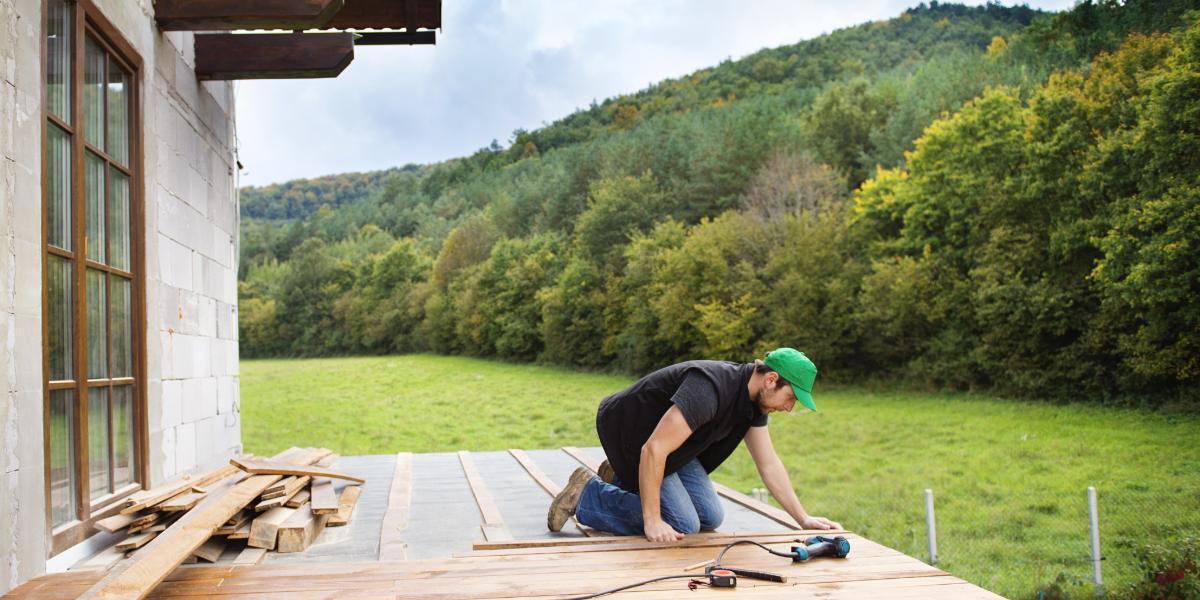Buying a home is one of the most significant financial decisions you’ll ever make, but the process...
Questions About Bank-Owned Properties
Buying bank owned properties delivers some benefits and may have some negative downsides. It's important to evaluate the positive and negative issues you may face. Here are some pros and cons to help you make good decisions.
-jpg.jpeg)
Buying Bank Owned Properties Successfully
Pros of buying bank owned properties:
- Banks may sell for less than comparable homes. The FMV (fair market value) of real estate is similar to a high level flea market. Why? The final price of a home is that which a buyer is willing to pay for it. REO (bank owned properties) are sometimes offered for less than true market value. Banks are not full-time real estate investors and have little interest in becoming home sellers. They sometimes price their REOs at less than market to help sell them quickly and efficiently.
- Banks typically make major repairs before selling their REOs. Bank owned property acquired through foreclosure may have serious deficiencies. If the former owners could not afford to make their mortgage payments on time and as agreed, they often lack the funds to make repairs when necessary. After becoming the owner after a foreclosure, banks often are reluctant to sell a deficient property to avoid the risk of hurting their brand and image. Therefore, they often bring their bank owned property up to local building code and market standard before selling.
- Banks may be more liberal in offering financing. REO bank owned property does not enhance an institution's Balance Sheet or image. They sometimes are willing to offer better terms on a mortgage loan to purchase the bank owned property you want.

Con's of buying REO bank owned properties:
- Problem borrowers can create problem properties. Former owners who are unable to afford their mortgage payments can seldom afford to perform necessary maintenance or repair problems. Even a home that "looks good" from a cursory glance, may have some serious problems that go undetected until after you purchase the property.
- Part of your purchase price will typically include the costs of foreclosure (attorney fees, advertising, auctioneer fees, etc.) and high prior insurance expenses (insuring even a modest vacant home can cost over $1,000 per month). These costs have little to do with the true FMV of the home. Yet, the lender must add these costs (since they paid them) to the selling price of their bank owned property.
- Unlike considering a home you find after an MLS (multiple listing service) search, you have no opportunity to speak with a seller or real estate professional about the inherent positives or negatives related to the home. You seldom get answers for more environmental questions. How are the neighbors? Are their many younger children in the neighborhood? Is there much local traffic on the street? You seldom get answers to these subjective questions when buying a bank owned property.
Consider the good and not so good features when buying bank owned property. Decide which issues are important to you and those that are mere details. If you are considering buying an REO bank owned property for your new owner occupied home, carefully weigh the personal importance of these pros and cons.
Contact a Homes & Land real estate agent for complete answers to all of your real estate questions or if you are ready to begin your new home search, explore our real estate listings.
More tips like this one ...

